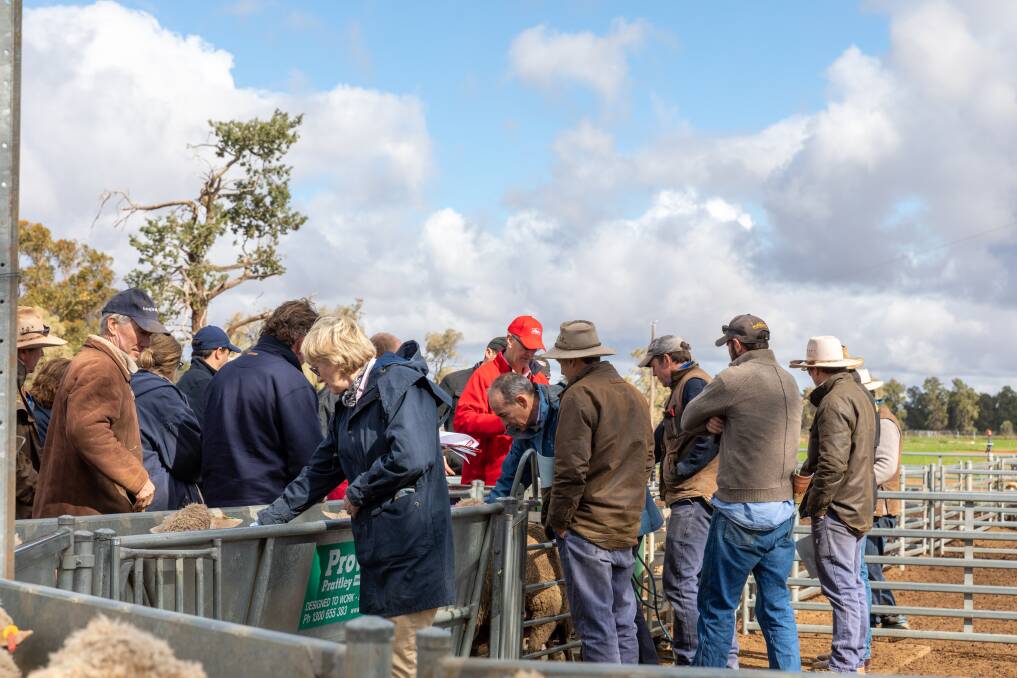Accurate data the key to ram selection

This is advertiser content for Pooginook Merino and Polls.
For Pooginook Merino and Polls in the NSW Riverina, the collection of accurate data at a large scale is what sets them apart from their peers. With four years of genomics testing under their belt and a decade using a range of measurements and raw data, accuracy is high and corresponding to the phenotype assessed in the classing box.
During extreme conditions, such as the current widespread drought, implementing measures to ensure continued collection of accurate data can be a costly exercise. For Pooginook Stud manager John Sutherland, these measures were an investment well worth making.
"The risk for us this year was we had to put in place a drought strategy that would secure the data," he said.
Mr Sutherland also believes that as data becomes more accessible and sophisticated, businesses are relying on it more, but the outputs are only ever as good as the accuracy of the data put in.
"There's no point just having numbers, you need to have accurate numbers knowing people can use them," Mr Sutherland said.

"Not feeding the sheep adequately would have affected their expressions of genetic performance. It was a large investment, but by strategically managing their feeding, it meant we were able to maintain adequate data collection of growth rates, carcass traits, and wool production."
The visual traits, such as wool quality and structure, that are largely immeasurable have remained paramount at Pooginook. The stud continues to class their rams and ewes using a healthy combination of visual and measured traits.
Pooginook managed the dry conditions by weaning early in 2018, then using confinement feeding for both mature and young sheep when necessary. This maintained ground cover and allowed the native pastures to make the most of the rain when it fell.
Pooginook has a strong commercial focus, as one of the highest value ram sellers in Australia. Their breeding strategy is based on the needs of their internal Paraway Pastoral Company clients and external clients, with a focus to build on their respected history of quality wool cutters.
"We are in the wool game, so there is no compromise on wool quality and quantity, but with such a great sheep meat market we are also very focused on post weaning weights and carcass traits. The elephant in the room for the sheep industry is mulesing so to this end we are continuing along the strategy of breeding a plain bodied merino," said Mr Sutherland.
"Our investment in parentage and genomics testing over the past few years means that we can now offer accurate NLW [Number of Lambs Weaned] figures as well as EBW [Early Breech Wrinkle]," added Mr Sutherland.
The weaner sheep at Pooginook are run commercially in large mobs according to their body weight, regardless of their status within the stud, so their genetics are well tested in a commercial environment.
"With 6,000 stud ewes on Pooginook producing 1,500 rams for sale with ASBVs provides the scale and depth in the stud to satisfy our commercial clients," said Mr Sutherland.
"This continued accurate data collection and strong visual focus allows our ram clients to have accurate ASBVs available to select rams that meet their own breeding objectives."
This is advertiser content for Pooginook Merino and Polls.


